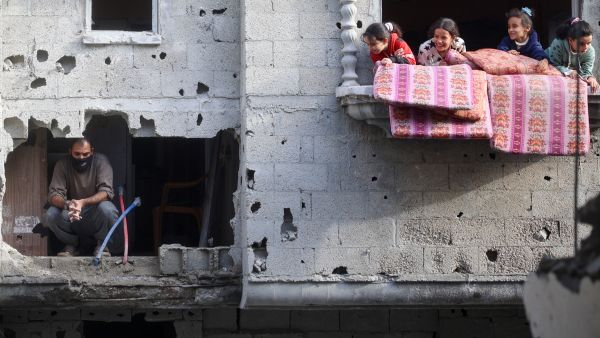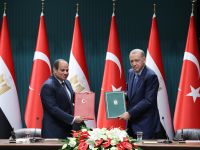ALBAWABA - The United Nations said Tuesday that for the past 66 days, aid has been mostly denied to North Gaza, where Israel began a ground attack on October 6.
According to the UN, this has left between 65,000 and 75,000 Palestinians without access to electricity, food, water, or medical care.
According to the UN Office for the Coordination of Humanitarian Affairs (OCHA), Israel continues to enforce its siege on Beit Lahiya, Beit Hanoun, and Jabaliya in the north, with the Palestinians residing there mainly being denied aid.
The report added that over 5,500 individuals had recently been forcibly displaced from three Beit Lahiya schools to Gaza City.
According to Kaag, the UN has set up the logistics for an operation throughout Gaza, but humanitarians' political will cannot be replaced.
"Member states possess it," Kaag stated. She also asked members of the Security Council and the international community at large to push for the political will to address Gaza's deteriorating humanitarian situation.
Al-Aqsa Flood operation against Israel
Hamas military group announced on Oct. 7 a military operation called "Al-Aqsa Flood" against Israel which is the biggest offensive in decades.
Palestinian fighters “infiltrated” Israel from the Gaza Strip and captured military bases and took hostages as photos and videos went viral online showing Hamas fighters on vehicles inside Israel and others paragliding into occupation territory.
In response, Israeli armed forces announced targeting Hamas positions inside the Gaza Strip. Thousands were killed, and dozens of thousands of others were injured in the Israeli attacks on the Gaza Strip.
The latest statistics by the Ministry of Health in Gaza revealed that the death toll from Israeli brutal pounding on the Gaza Strip since October 7 has soared to 44,786+ people, with more than 106,188+ injuries.
Since then, approximately 85% of Gazans have been displaced, all of whom are suffering from severe food insecurity, and the healthcare system has collapsed. Hundreds of thousands of people lack shelter, and aid trucks are entering the area at a lower rate than before the conflict began.







